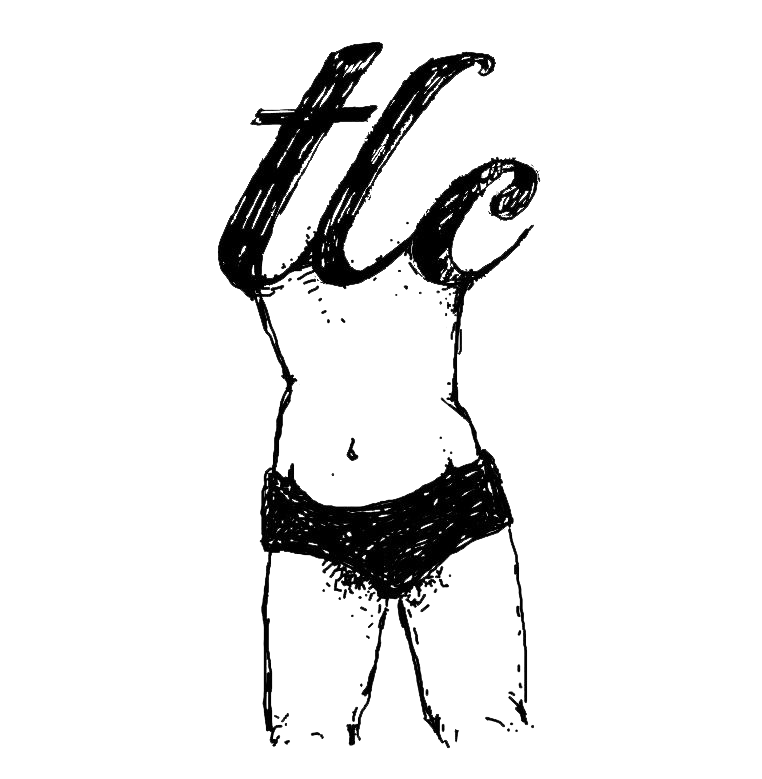Priyanka Dubey is a journalist and an author. She’s spent 11 years reporting on issues of social justice and human rights. At present, Priyanka is on a sabbatical, which she’s spending reading, traveling and dabbling in fiction writing.
As part of our phenomenal women series, The Ladies Compartment asked her 10 questions.
What does feminism mean to you?
Did you have women / feminist role models when you were younger? Who were they?
Not many, until i crossed my teens. But by my early twenties, I had discovered Nellie Bly, Martha Gellhorn, Virgina Woolf and Simone de Beauvoir. They revolutionised my world. Since then, the list of my feminist icons has been expanding every year.
You write a lot about violent crimes against women – does it affect you emotionally, or are you able to maintain a distance from your work?
Oh, my work has deeply affected me. It would be accurate to say that my reporting in general and then the work on my book No Nation For Women have together altered me as a person.
During this journey, there were days and nights when I would howl on my desk listening to some tape of a survivor. Reporting was difficult, writing was more lonely than I was prepared for. I have no other memory of my twenties but of entering and exiting these dark phases of reporting, writing and trying to process the whole thing at a personal level.
It’s strange how freshly shocked i still feel by all these wounds. These are soul bruising experiences. And i don’t think it’s possible for me to ever fully recover.
What are your self-care practices?
Well, it’s only now when the book is almost two years behind me, that I feel gathered enough to work towards self care. One reason behind this ‘delay’ in pursuing what should have been part of my routine is that we lack the socio-cultural environment that encourages women to pursue self care in India.
During the lockdown, years of wounds accumulated on the ground came intensely upon me and I felt an emotional breakdown. But I listened to the red flags that my emotional self was giving me and by the end of 2020, I took a six-months sabbatical from work.
I spend my time traveling, reading, meeting family, running and working out. But I feel things should not drag to this point in any woman’s life. We should not burnout ourselves to a point of needing sabbaticals but make self care part of our everyday lives. Running, yoga or doing any kind of physical exercise is key. Then sleeping, reading and doing nothing is important.

Learning to live with one’s own solitude and getting rid of our constant ‘feeling guilt’ about every damn thing is crucial.
are there any best practices you would suggest for state governments/ police/ NGOs trying to make a safe, women-friendly public places?
You’ve written a book called No Nation For Women in which you profile many survivors of sexual assault. What made you want to report on and write on this subject?
No Nation For Women was, perhaps, the obvious book to do for me. I was born and raised in a conservative north indian household. And I always felt curious about the multiple kinds of discriminations i saw happening against women around me. These discriminations also involve the challenges that I faced in my own personal journey.
My reporting became my tool to understand my world. As I went along, my reporting experiences on gender and social justice added another nuanced dimension to my already gathered understanding of the situation of women in India. That way, this is a very personal book which came out of an intangible intersection of my personal and public lived experiences.
You may also like: Fat, So? Podcast Voicing the Pain and Joys of Navigating the World as a Fat Woman
Having spoken to many survivors of sexual assault, is there anything that has surprised you or touched you about each of them?
Survivors have been fighting extraordinary battles in their lives and have witnessed violence up close. But the resilience and courage that they show while dealing with their impossible situations always surprises me. Also their humility has always touched me.

Imagine a person who has recently witnessed unimaginable levels of violence asking if you would like to share a meal with her a cup of tea or lending you an umbrella before you step out of their house because it’s raining outside. This capacity to be able to ‘think’ of others despite being in deep personal pain has always re-defined the meaning of humanity for me.
You may also like: Phenomenal Women: Speaking With Namita Bhandare, Author & Journalist
What can media do to better report on crimes against women?
From your field observations, how has India changed in its view of women since when you started reporting to now?
Any advice for women who want to make it in journalism/ writing?
Writing and journalism are fields that need long years of work, so never underestimate the importance of your emotional and physical health.
Read a lot. One can only learn to write by writing more.
Be willing to work very very hard.
Try to be as compassionate, kind and forgiving as you can.

























Leave a Reply